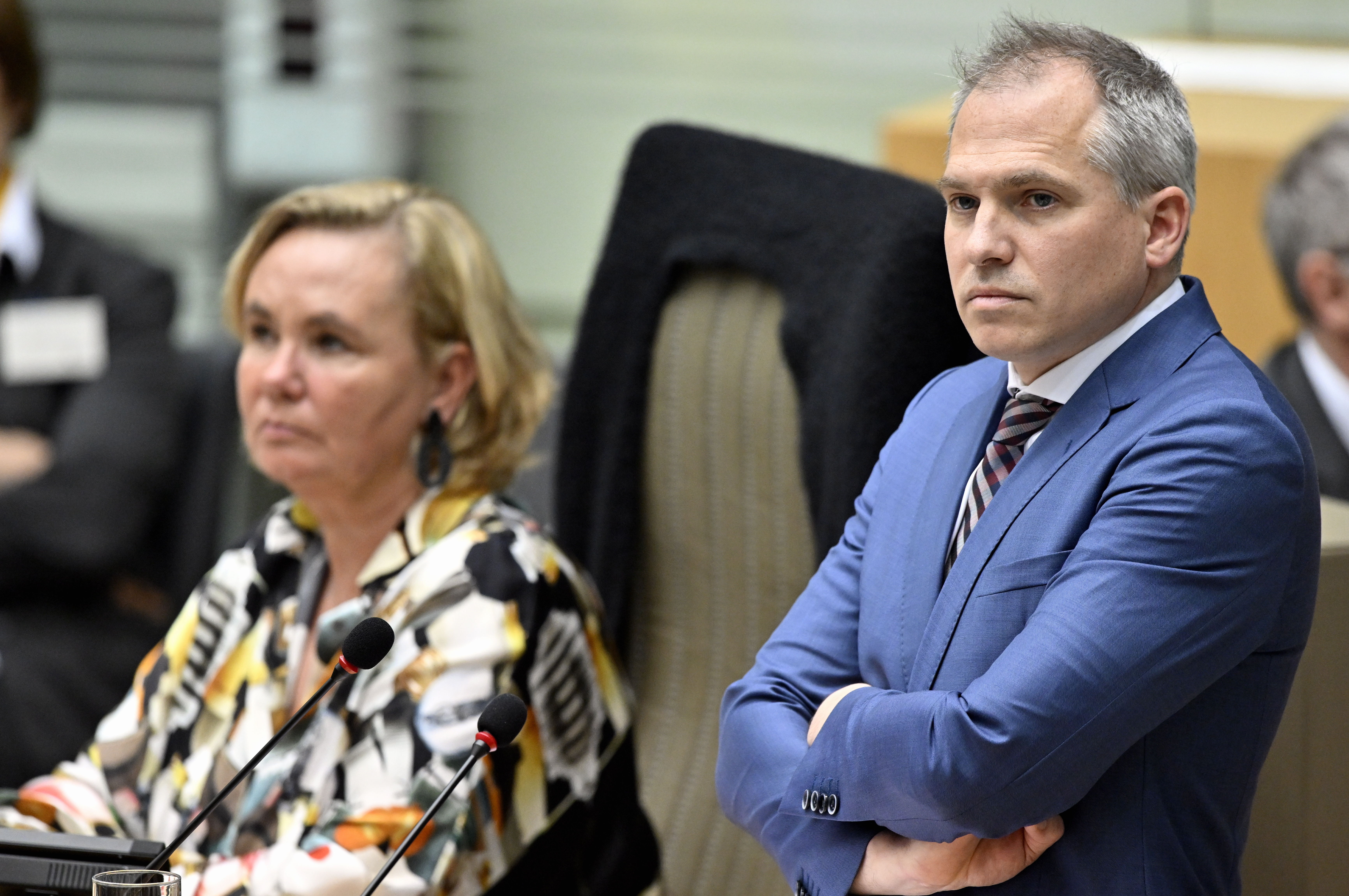As of 2024, stricter rules apply for renting social housing in Flanders

From 2024 onwards, anyone wishing to rent a social housing unit must be able to produce bank statements. Those who have too much in their account will no longer receive social housing. This is what the Government of Flanders decided last Friday, after approving the proposal of Flemish minister of Housing Matthias Diependaele (N-VA).
The Government of Flanders talks about the 'income test', which is described in the coalition agreement of 2019. "To prevent abuses, we are introducing a 'income test' when registering and allocating social housing." In doing so, the person concerned is obliged to actively share all information.
Income test
The details for the so-called "income test" were approved on Friday, stipulating that anyone applying for social housing from 2024 will have to provide bank statements. This concerns bank statements of bank accounts, savings accounts and also investment accounts, at home and abroad. Savings accounts held by children or a dependent will not be included in the total. "But if there are signs that money is systematically being transferred to certain accounts, we can check this," minister of Housing Matthias Diependaele says in Het Laatste Nieuws.
If it turns out that the applicant for social housing has an amount equal to what he is allowed to earn per year to be entitled to social housing, he is no longer eligible. According to minister Diependaele, anyone who saves up an annual income can find a place on the private rental market.
Personal situation
Whether or not someone qualifies for social housing therefore depends on the personal situation. A single person without children is entitled to social housing if he or she has an annual income of less than 25,850 euro. For a couple or a single person with one child, this is 40,940 euro per year, and this amount increases by approximately 2,000 euro when the family has more children.
The check that determines who is eligible for social housing is done in two steps. When registering, the prospective tenant must sign an oath about how much money is in his or her accounts. At the time of allocation, the applicant must also show recent account statements with balances to check whether he or she is telling the truth.
"If it turns out that the earlier statement does not correspond to the statements, or if there is a suspicion of fraud or accounts that have not been declared, the housing company can launch a more thorough investigation or even go to court," minister Diependaele notes.
The more thorough investigation will mainly consist of interviews, during which the candidate-tenant must prove that he or she is indeed entitled to social housing. The burden of proof therefore lies with the candidate-tenant.
New tenants
The amended regulation will only apply to new tenants, at the time when a social housing unit is allocated and not when a contract is renewed. Therefore, those who already rent social housing and have some savings need not fear. In any case, all contracts concluded before 2017 will be perpetual contracts.
For contracts concluded from 1 January 2017 onwards, however, it will be examined after nine years whether the tenant in question still meets the conditions. This measure was introduced by Diependaele's party colleague and former Housing minister Liesbeth Homans. "But that assessment remains based on income," Diependaele says.
"If you have been able to build up a sizeable savings account in those nine years, your income has probably risen too and you might fall outside the income limits after all. But we do not want to discourage social tenants who live frugally and save money. So we don't take the savings into account afterwards." Diependaele does not rule out that this could be fodder for the next reform.
Previously, minister Diependaele had already made it possible for social housing companies to investigate whether their tenants owned property or homes abroad. In just over a year, 223 social housing tenants were found to have lost their social housing. "But there were also people who proactively cancelled their contracts because they feared they would have to pay a fine," Diependaele says. "So it also had a dissuasive effect, and we expect the same from this new measure."
Ongoing problem
Still, the income test will not shorten the long waiting lists for social housing any time soon. "It is mainly about fairness and justice. The Flemish people who pay for this system also want social housing to go to someone who really needs it," Diependaele tells VRTNWS.
The long waiting lists for social housing are an ongoing problem. In 2020, the number of candidate tenants had already risen to almost 170,000. The Government of Flanders expects that, due to investments in new social housing, the list will only start to shrink from 2026 onwards.
(AHU)
#FlandersNewsService
© BELGA PHOTO ERIC LALMAND - N-VA's Liesbeth Homas and Flemish Minister of Finance, Budget and Housing Matthias Diependaele pictured during a plenary session of the Flemish Parliament in Brussels, Wednesday 16 March 2022.